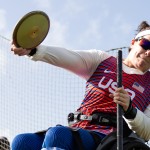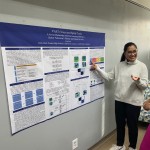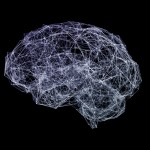In the Press
Pagination
News Listings
The School of Psychology assistant professor was named one of the publication’s top 35 innovators…
School of Psychology Professor Randall W. Engle has been honored by the Association for…
Funding for the Georgia Tech and Emory University training program in computational neural…
It may be harder than ever to medal this time, but the Coulter BME faculty member is also working…
Researchers demonstrate music’s impact on learning and memory, with possible therapeutic…
Biology major Anu Iyer wants to make a positive difference in the world; her groundbreaking…
This science of human decision-making is only just being applied to machine learning, but…
A new machine learning (ML) model created at Georgia Tech is helping neuroscientists better…
The ECE professor received the Glass Brain Award for his work in neuroimaging to help further…
Associate Professor Margaret E. Kosal helped lead the National Academies committee study on…








